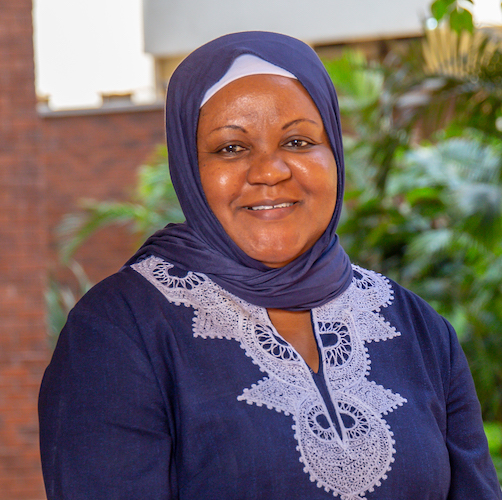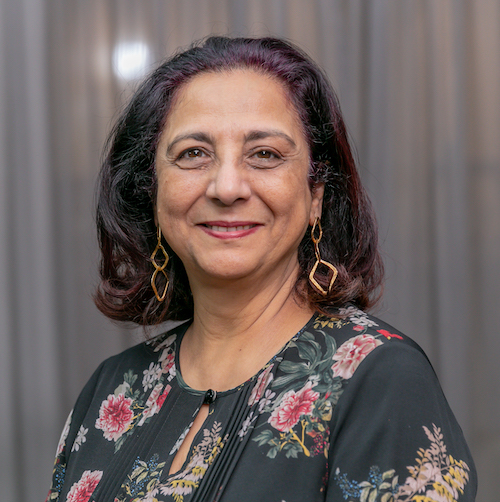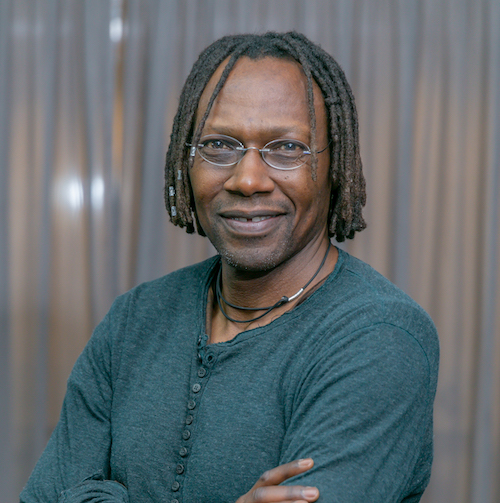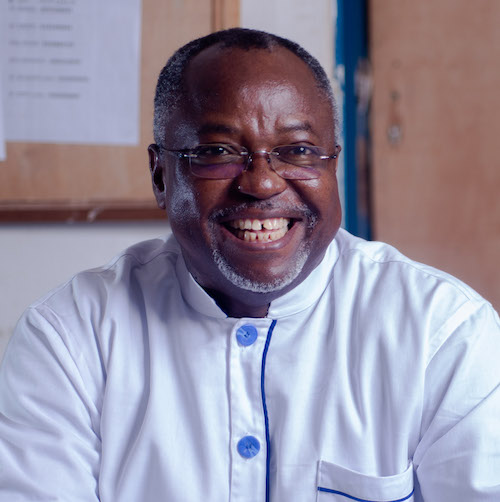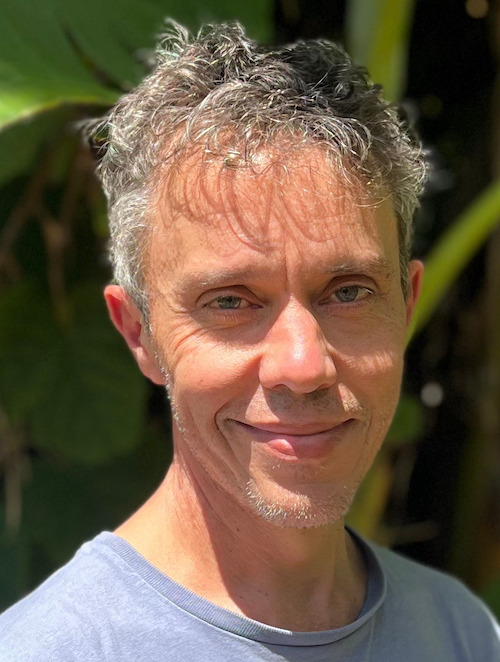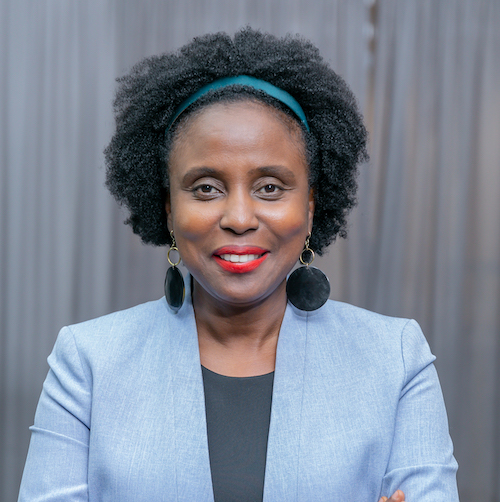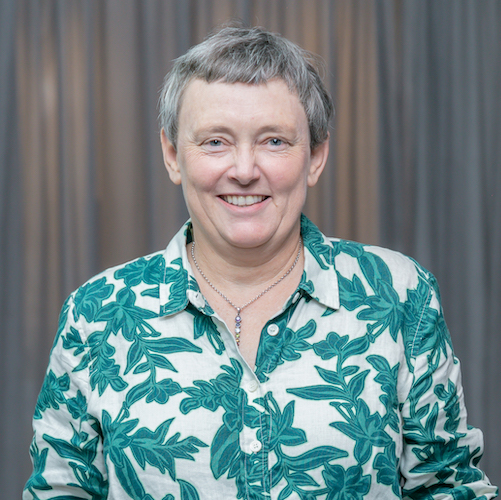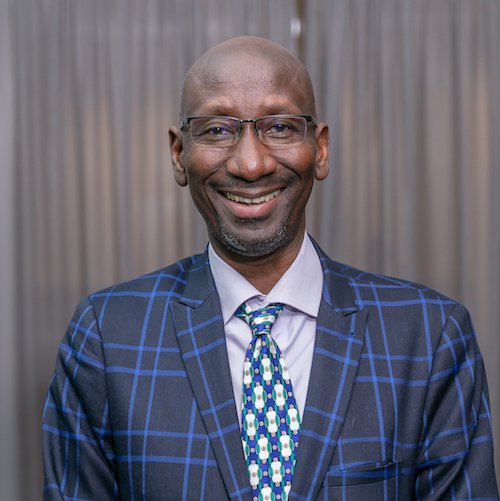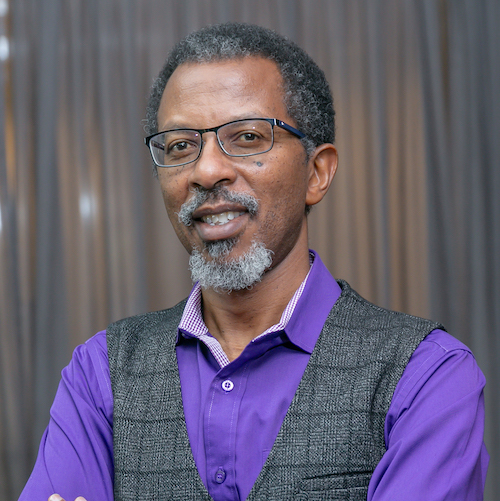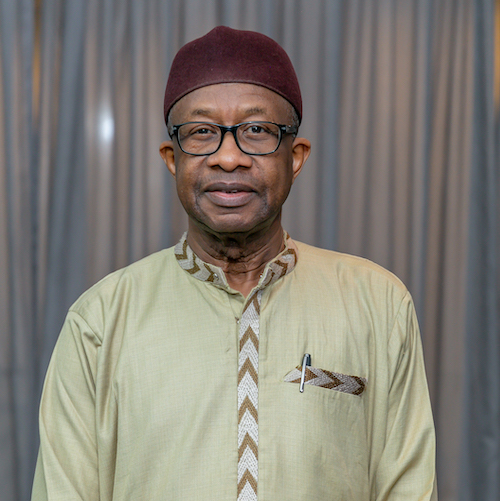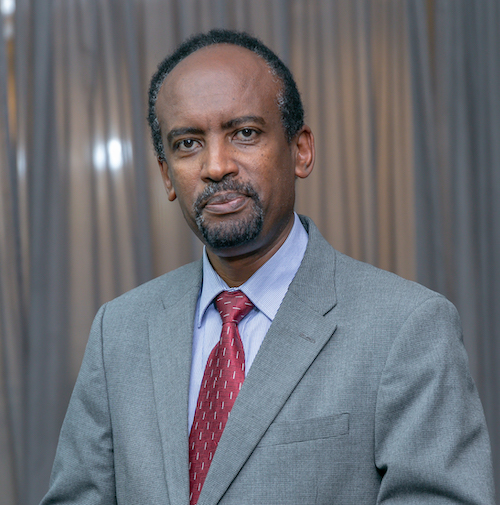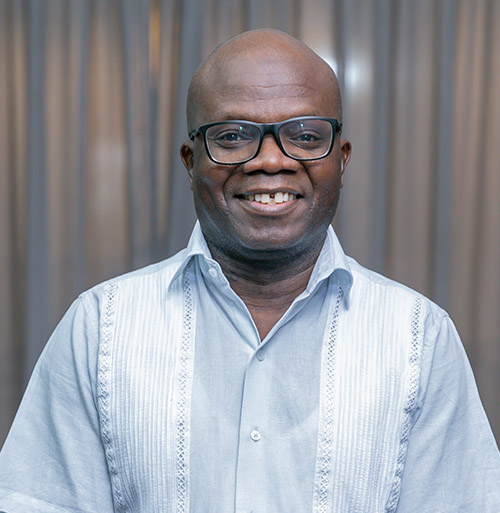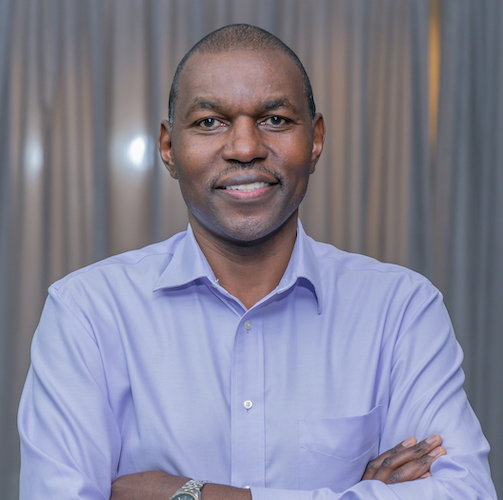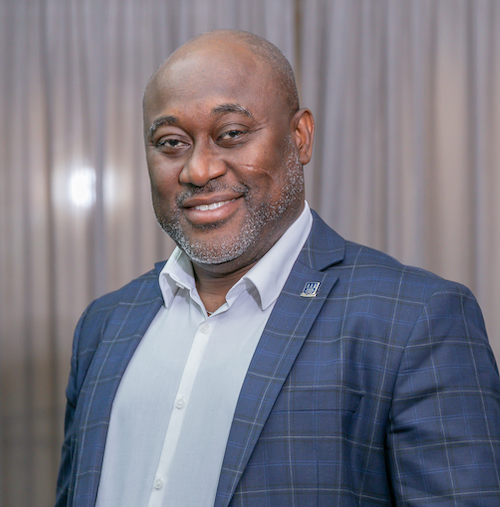
Clinical Trials Community Africa Network (CTCAN)
Enabling increased, sustainable, and coordinated
clinical trials in Africa
Science Innovation Pathways | Clinical Research & Trials Community (CRTC) |Clinical Trials Community Africa Network (CTCAN)
WHAT WE DO
CRTCThe Clinical Trials Community Africa Network (CTCAN) is a network for clinical research stakeholders in Africa that seeks to enable increased, sustainable, and coordinated clinical trials on the continent. The network will build on the progress of the Clinical Trials Community (CTC) platform, which was created to increase the visibility of African clinical trialists and sites while contributing increase in clinical trial investments in Africa.
Many potential clinical sites in Africa need to develop additional capacity before they can take part in Stringent Regulatory Authority (SRA) - quality clinical trials. By entering the Clinical Trials Community Africa Network (CTCAN), sites and laboratories will be able to access a clinical trial preparedness framework. Through the proposed capability development activities, sites and laboratories will be strengthened to generate SRA-quality data, which in turn will be informative for new policies and practices, and lead to earlier access to new treatments.
While governmental and non-governmental organisations (NGOs), pharmaceutical companies, and other public-private sector actors have established important capacity development programmes in Africa, CTCAN draws the different programmes and data together in, or linked to, a single platform. Alignment between these Africa-led programmes and clinical research programmes of clinical trials sponsors will ultimately create a greater, sustainable, and cost-effective impact.
The CTCAN project will lay the foundation for the creation of a coordinated and sustainable umbrella network of clinical trial sites and laboratories capable of undertaking quality clinical research in Africa. The objective is to make the network easily accessible to African and international trial sponsors. A clinical trial preparedness framework will provide the necessary tools to assess site and laboratory capabilities and any potential quality and operational gaps they may have, along with the instruments to mitigate and overcome these gaps.
The CTCAN, an EDCTP-3 supported action, enables an environment that brings more clinical trials to the continent, including large scale clinical trials and disease outbreak response activities. The network will foster coordination in clinical research by providing a platform for all African stakeholders including clinical researchers, regulators, industry partners, and other relevant stakeholders, to define priority diseases for clinical research. The network will also raise awareness of the existing capacity of sites and laboratories across Africa, contribute to the operationalisation and harmonisation of regulatory processes across the region, and strengthen less experienced sites and labs through a clinical trial preparedness framework, while encouraging inter- and cross-continental knowledge and expertise sharing.
Specifically, the CTCAN is designed to:
- Develop an umbrella sub-Saharan African (SSA) network consolidating relevant subnetworks of clinical trial sites and laboratories.
- Supplement the network with epidemiological data associated with the sites and laboratories, clear and operationalised regulatory information required for clinical trial start-up and conduct.
- Develop a framework to enhance capacity and increase clinical trial preparedness.
- Make all this critical information available through a single electronic platform: the Clinical Trials Community platform.
The SFA Foundation is implementing the CTCAN in collaboration with nuvoteQ.io, BIO Ventures for Global Health (BVGH), Global Public Health R&D, a Division of Janssen Pharmaceutica NV, Fondation Merieux, and Medicines Development for Global Health Ltd (MDGH).
By driving and coordinating the scientific aspect of this project, SFA Foundation will underpin, and support comprehensive medical and healthcare strategies developed by African health leaders with the ultimate objective of bringing new innovations to patients faster and enabling African scientists and physicians to discover and develop African solutions for African challenges.
SFA Foundation
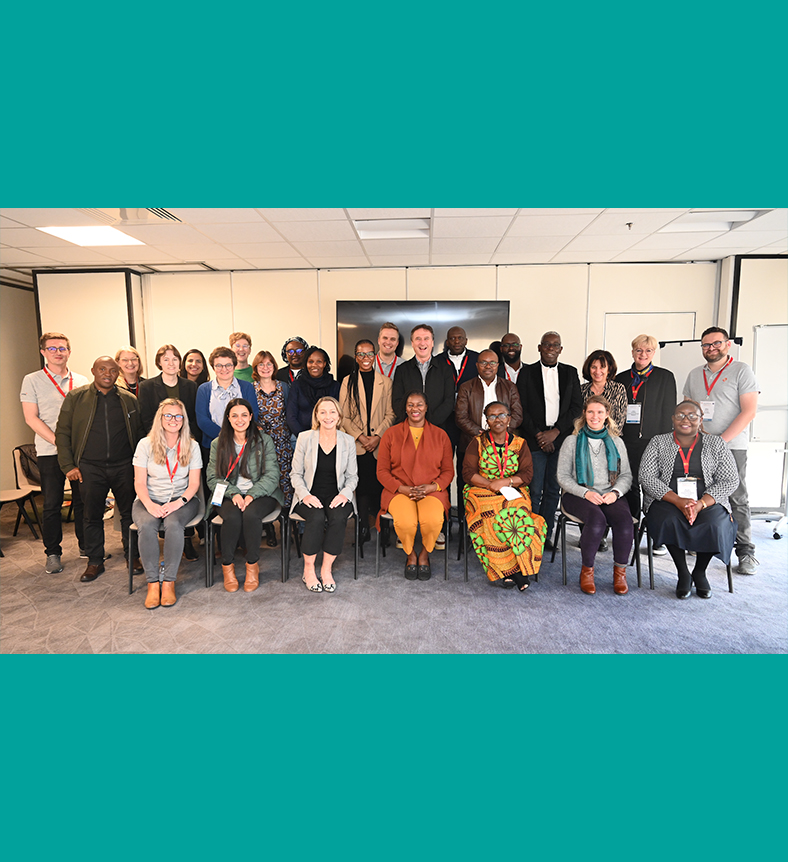
The CTCAN partners at their inaugural meeting in Paris, France in November 2023. CTCAN supported by Global Health EDCTP3, enables an environment that brings more clinical trials to Africa.PHOTO| SFA Foundation
How will science policy engagement drive impact:
- If R&I is to deliver maximum impact and positively change the lives of African people and societies, findings from Africa led R&I research programmes should be translated into recommendations that can be implemented within policy and practice in Africa.
- Contribute to efficiency and effectiveness within programmes through best practice.
- Ensure the right questions are formulated, asked, and answered through an African lens.
- Highlight gaps and key points of evidence within context and in an accurate manner to facilitate comprehension and use.
- Promote shared understanding, trust and collaboration for meaningful work that drives change regionally and globally
- Place African experts and policymakers at the centre of science-led policymaking processes in Africa
- Place contextually relevant data and perspectives at the centre of science-led decision-making process in Africa.
Activities being implemented by SPEAR
Artificial intelligence (AI) and Data Science policy gaps from an African perspective. The African STI landscape is witnessing the emergence of AI and Data Science across various sectors. However, for these technologies to have their full positive impact, it is crucial to develop trust among stakeholders and formulate contextualized policies that support their implementation in the region. This grant aims to address these areas by:
- Convening African stakeholders to examine and comprehend the policy gaps in AI and Data Science in global health from an African perspective, focusing on but not limited to genomics, clinical trials/drug development, and epidemics/pandemics.
- In collaboration with African partners, identifying the research and development goals of AI and data science for the betterment of global health from an African perspective.
- Engaging the public on AI and Data Science policy
" If scientific results are not shared broadly, then the societal benefits are significantly limited. We have a responsibility to ensure that policymakers have access to the best, relevant and up-to-date knowledge available. To achieve Africa’s sustainable development goals, it is critical that policy decisions are informed by contextually relevant evidence”. - Uzma Alam, SPEAR programme lead.
